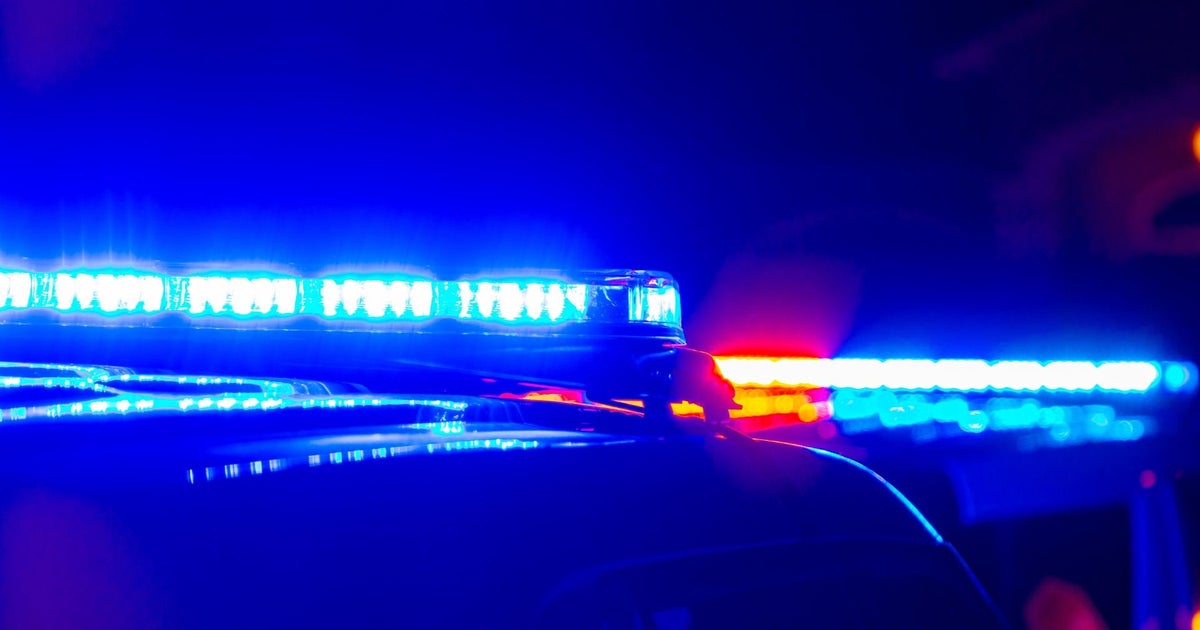Officials: Tesla Autopilot Probed In Fatal Southern California Crash
LOS ANGELES (AP) — A Tesla involved in a fatal crash on a Southern California freeway last week may have been operating on Autopilot before the wreck, according to the California Highway Patrol.
The May 5 crash in Fontana, a city 50 miles (80 kilometers) east of Los Angeles, is also under investigation by the National Highway Traffic Safety Administration. The probe is the 29th case involving a Tesla that the federal agency has probed.
In the Fontana crash, a 35-year-old man was killed when his Tesla Model 3 struck an overturned semi on a freeway about 2:30 a.m. The driver's name has not yet been made public. Another man was seriously injured when the electric vehicle hit him as he was helping the semi's driver out of the wreck.
The CHP announced Thursday that its preliminary investigation had determined that the Tesla's partially automated driving system called Autopilot "was engaged" prior to the crash.
For example, the National Highway Traffic Safety Administration in March sent a team to investigate after a Tesla on Autopilot ran into a Michigan State Police vehicle on Interstate 96 near Lansing. Neither the trooper nor the 22-year-old Tesla driver was injured, police said.
After the Florida and California fatal crashes, the National Transportation Safety Board recommended that Tesla develop a stronger system to ensure drivers are paying attention, and that it limit use of Autopilot to highways where it can work effectively. Neither Tesla nor the safety agency took action.
In a Feb. 1 letter to the U.S. Department of Transportation, NTSB Chairman Robert Sumwalt urged the department to enact regulations governing driver-assist systems such as Autopilot, as well as testing of autonomous vehicles. NHTSA has relied mainly on voluntary guidelines for the vehicles, taking a hands-off approach so it won't hinder development of new safety technology.
Sumwalt said that Tesla is using people who have bought the cars to test "Full Self-Driving" software on public roads with limited oversight or reporting requirements.
"Because NHTSA has put in place no requirements, manufacturers can operate and test vehicles virtually anywhere, even if the location exceeds the AV (autonomous vehicle) control system's limitations," Sumwalt wrote.
He added: "Although Tesla includes a disclaimer that 'currently enabled features require active driver supervision and do not make the vehicle autonomous,' NHTSA's hands-off approach to oversight of AV testing poses a potential risk to motorists and other road users."
NHTSA, which has authority to regulate automated driving systems and seek recalls if necessary, seems to have developed a renewed interest in the systems since President Joe Biden took office.
© Copyright 2021 CBS Broadcasting Inc. All Rights Reserved. The Associated Press contributed to this report.



